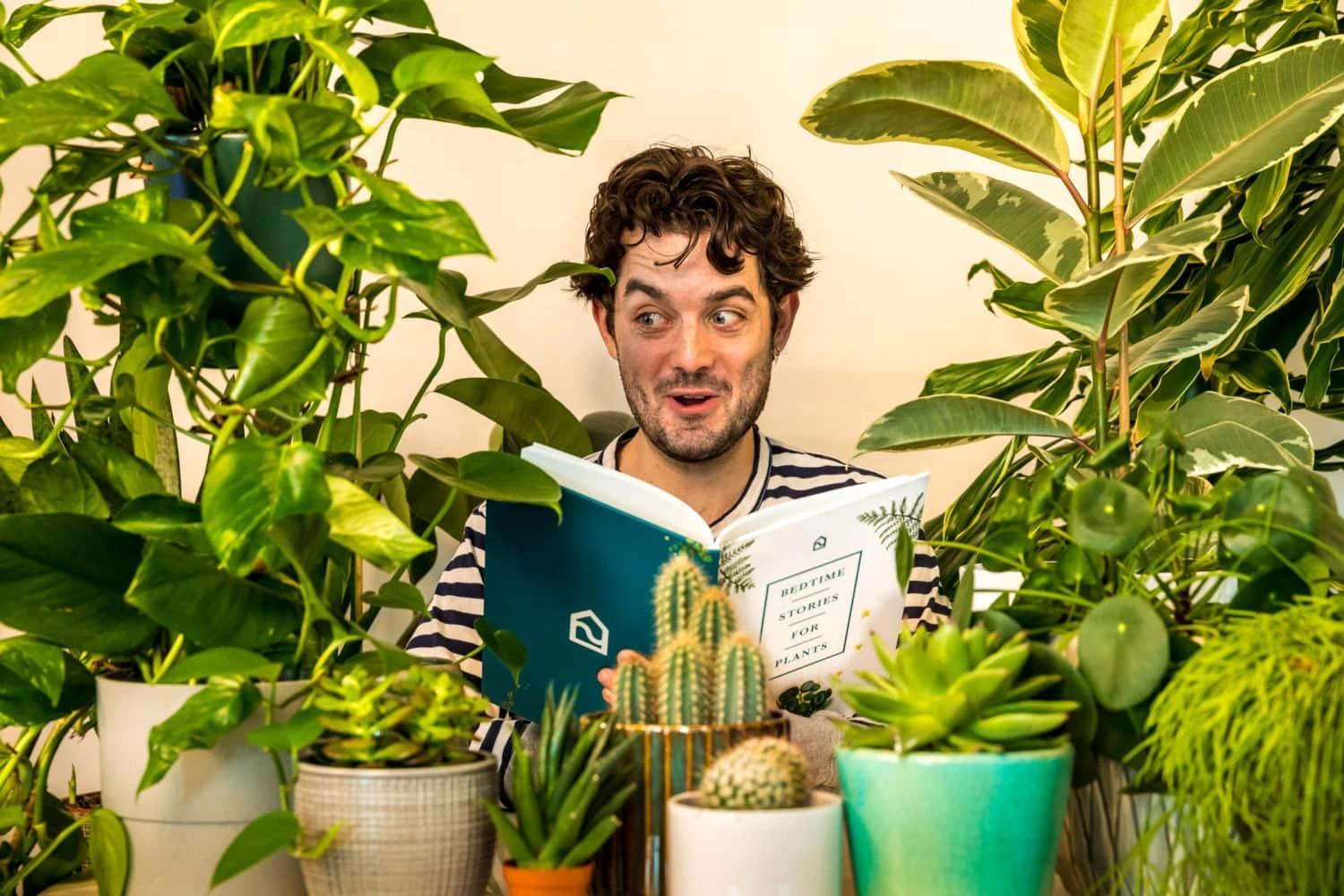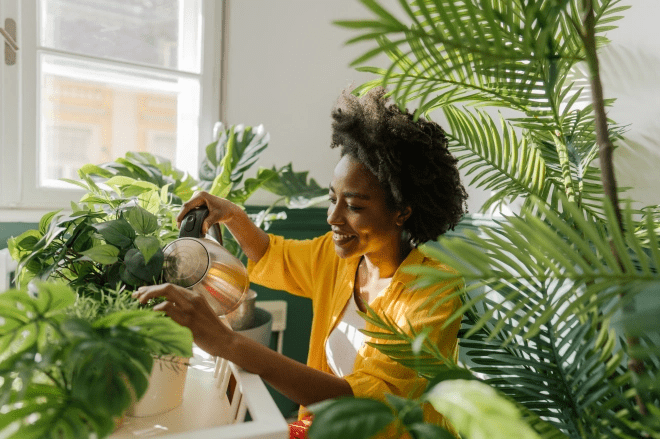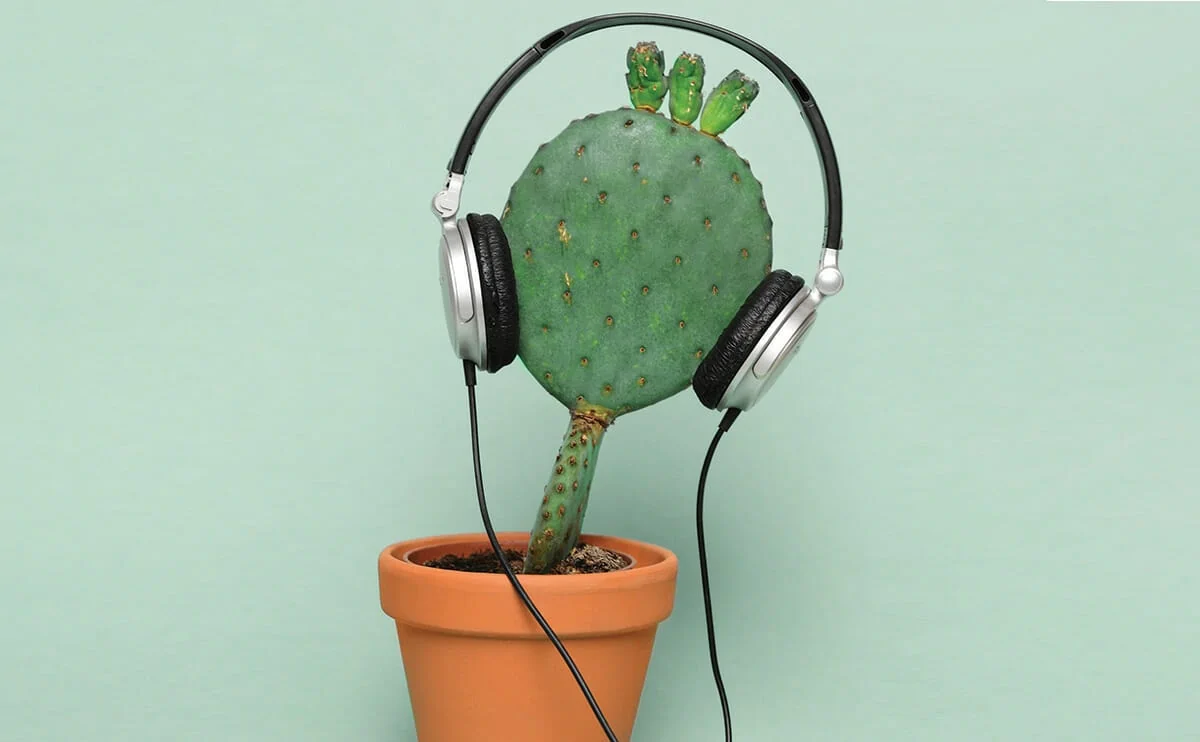
- German professor suggests that plants are capable of emotions
- It is possible for plants to grow faster when talked to
- Plants can hear us
- Does that mean, plant babies are actually hard to take care of?
Babies are such a hassle sometimes. Oh no, I’m not talking about human babies. I’m talking about plants. When I was younger, mom would drag me out during the wee hours of the morning to help water the plants.
She probably wanted me to stop sleeping so much for once, but hey, my beauty sleep is important too! Even with all those efforts being put in, they still didn’t grow as much as you would like them to!
If only we could understand them better. Or better…if only they could understand us. Well, beware what you wish for, because it might come true!
The Story Behind The Theory

You probably heard about a theory that talking to plants helps them grow. This theory is an old one, being mentioned in a book published in 1848 by German professor Gustav Fechner. According to him, plants might be capable of human-like emotions, as stated in the book, Nanna (Soul-life of Plants).
The idea is rather interesting to me. Well, at least we know those grandmas are not crazy anymore for talking to their plants. And of course, it also piqued the interest of many scientists and researchers, where it was recorded in the form of books, albums and more! From there, various theories have evolved.
Take for example, The Secret Life of Plants, by Christopher Bird and Peter Tompkins. Published in 1973, the book disapproved of the myth that plants are emotionless because humans never observed them. And if humans do observe them closely, they would probably notice that they are able to respond to us through their intelligence and level of consciousness.
How can such a theory be confirmed? Well, both Christopher and Peter focused on an experiment that was done back in the 1960s by Cleve Backsters. It was actually an “on a whim” experiment, where Cleve used a lie detector and envisioned burning a leaf, which instantly made the plant react.
He was baffled and continued studying over 25 species of plants, including fruits, to conclude a new understanding that plants detect the human mind and respond to our intents. Cleve also believed that their mental and emotional communications transcended time and the electromagnetic spectrum we see.
And through that statement, the ability to experience reality was present in plants and may go down to the molecular, atomic, and subatomic levels. Well, I have to admit that I do have a slow brain in science. But the results show that there is actually more to this theory. And I’m sure other scientists are with me in this.
Other scientists have put the theory to the test, the Royal Horticultural Society being one of them. Back in 2009, they ran some trials on tomato plants. The idea was to get both men and women to read literary and scientific works to these plants and then chart their growth rates.
All other variables were kept constant, such as the same soil, same care regimen and tomato type. They also included two plants that were not read to as a control. It was found later that those who were spoken to grew a little taller than those who were given the silent treatment.
Here is another fun fact! It was also women, in particular, who had the most effect on the tomatoes and their voices made the plants grow faster. And from there on, investigations have been conducted to determine if talking to plants makes them grow faster.
In one of the episodes of the TV show “Mythbusters,” 60 peas were separated into three greenhouses. One of the greenhouses repeatedly played the voice recording of humans pleasantly talking while the other was harsh insults. The last one acted as a control, being silent.
The result was that the peas in the first two greenhouses grew faster compared to the ones inside the silent greenhouse. Over the years, a variety of experiments have been conducted. The results were varied and nothing conclusive was derived. We are still uncertain if talking to plants really helps them grow, but we do know that plants can hear us.
Typically, Plants Can Still Hear Us?

Though plants lack both brains and ears, they can still react to sound in some way as they have vibration-sensing receptors, with frequencies, roughly between 50 and 500 hertz, or vibrations per second.
Through research in the book The Sound of Music and Plants, Dorothy Retallack from Colorado’s Women’s College stated that plants are much healthier when she extended the F note.
She would delve into other kinds of music, such as classical, jazz, and rock. It can be concluded that the plants grew closer towards the speaker when classical or jazz music was played compared to rock music.
So from that observation, through vibration, they are able to create a response. When plants are exposed to the wind, they produce a growth retardant hormone called ethylene. Hence, they are able to induce growth for the plants.
And also, we produce carbon dioxide and our proximity to the plants while talking to them should help in their fuel creation. Photosynthesis, it’s a source of survival for them to live—just like us humans.
The carbon dioxide that humans release will support them, though it depends on how much they receive. You have to actually talk for hours to actually see the growth. I can imagine myself feeling drained afterwards.
So In Conclusion, Be Nice To Plant Babies
Nonetheless, I think it’s important to acknowledge that plants do have feelings, and we should treat them nicely the way we treat our babies. This is the same with people. When you always speak negative things almost everyday, unconsciously, they will be dehydrated and depressed.
How you feed them with your words always reflects on their appearances or characters. Remember to take care of your plant babies, and try to understand them slowly—and you’ll surely get the result you wanted.









